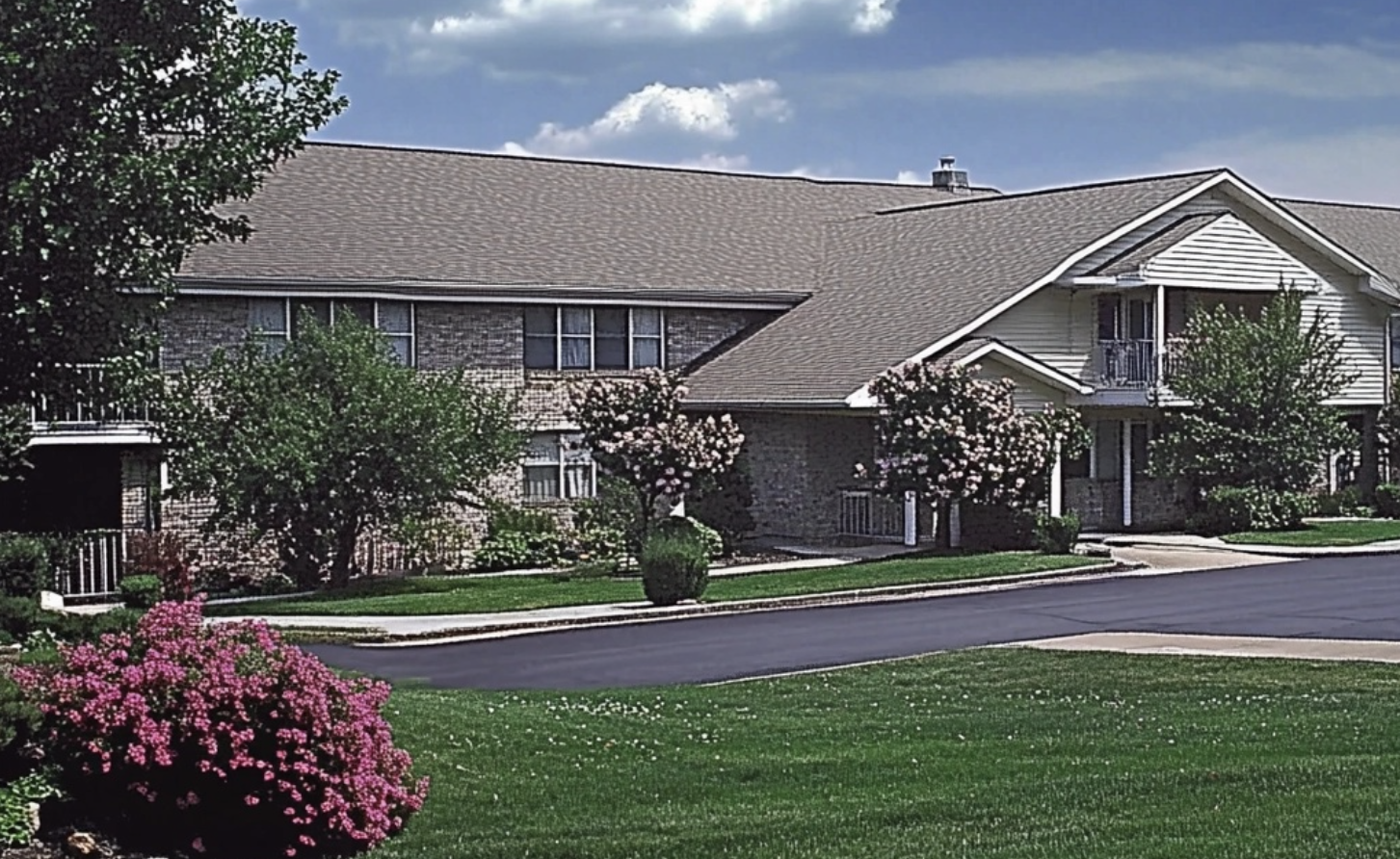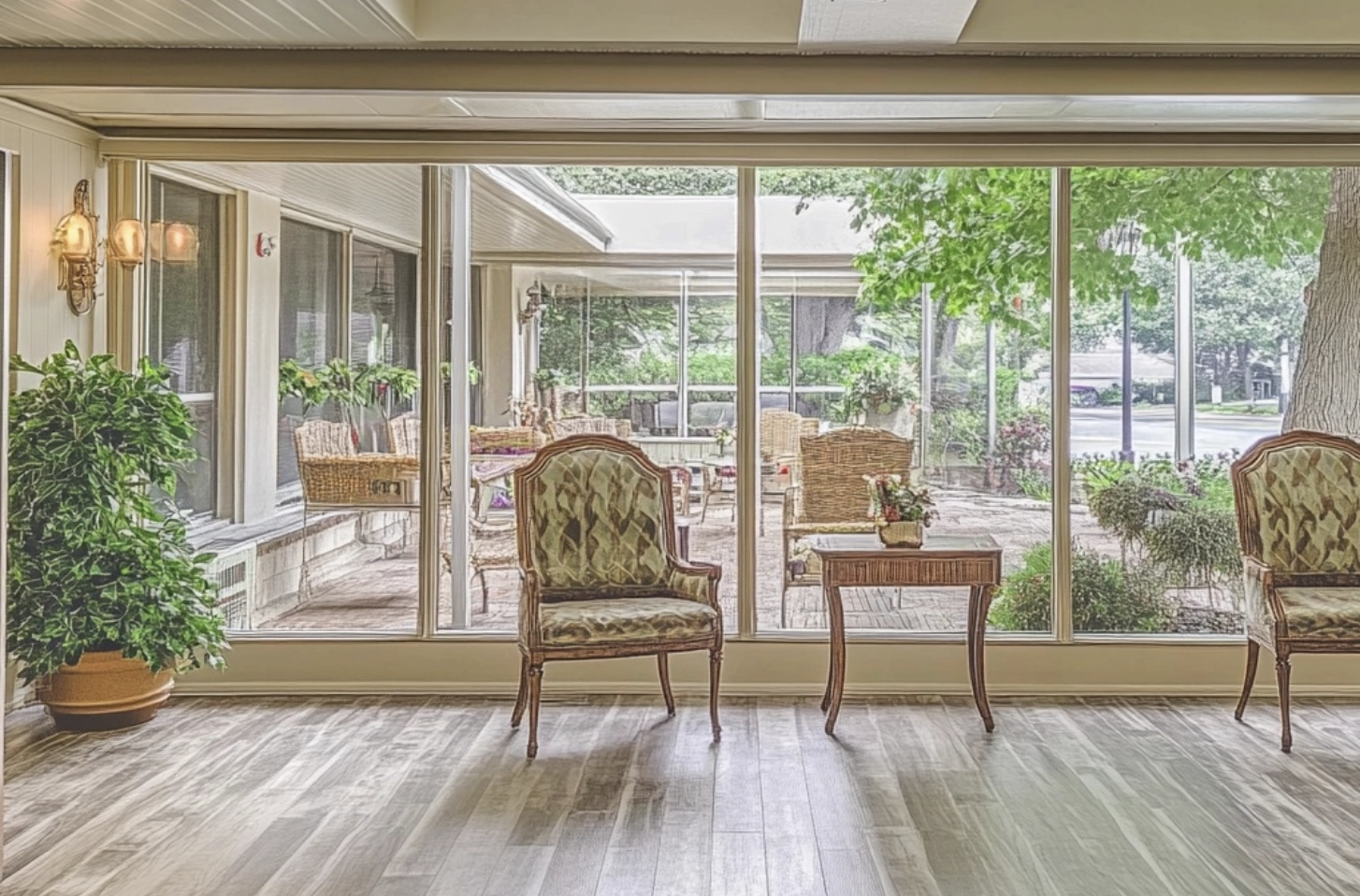As our loved ones age, their needs and abilities change, often necessitating additional help around the house or even medical care. Many seniors express a preference for aging in place, leading families to explore home health care options. However, understanding the costs associated with home health care is crucial for budgeting and planning. In this comprehensive guide, we delve into the different types of home health care, their costs, and various ways to finance these services.
Understanding Home Health Care
Home health care, often referred to simply as home care, is a broad term that covers a range of services provided in a senior’s home, from assistance with daily tasks to medical care.
Companion Care
Companion care is the most basic type of in-home care. Elder companions or companion care aides offer social support, engage in activities with seniors, and provide supervision for safety. They may also assist with tasks like transportation and medication reminders. This type of care is ideal for seniors who live alone and may feel isolated or for those who live with family but are left alone during work hours.
Personal Care Assistance
Personal care assistance is a more involved form of home care. Personal care assistants help seniors with their activities of daily living (ADLs), such as eating, bathing, and toileting. They can also offer transportation, socialization, and assistance with household tasks. This type of care is suitable for seniors who need regular help with their ADLs or other non-medical needs.
Home Health Care
Home health care offers the most comprehensive in-home care services. Home health care aides must hold a nursing certification or higher medical training. They provide skilled nursing care, medication administration, physical and occupational therapy, and more. Home health care is suitable for seniors who need regular medical care, both routine and acute.
Average Cost of Home Health Care
The cost of home health care depends on the type and amount of care needed, as well as the location. On a national level, the average hourly cost of standard in-home care is $25.46, while home health care costs an average of $26 per hour. However, these costs can vary significantly depending on the state. For full-time care, the national average cost of home care is around $4,957 per month, while home health care averages at $5,148 per month.
State-by-State Breakdown of Home Health Care Costs
The cost of home health care can vary significantly from state to state. Factors influencing these variations include the cost of living, the availability of health care providers, and state-specific regulations. For instance, states with a higher cost of living, such as New York and California, generally have higher home care costs. On the other hand, states with a lower cost of living, such as Alabama and Louisiana, usually have lower costs.
Medicare and Medicaid Coverage for Home Health Care
Medicare and Medicaid offer varying levels of coverage for home health care services. Medicare usually covers home health care services that are medically necessary and prescribed by a doctor. However, it does not cover non-medical home care.
Medicaid, on the other hand, may cover some home care services, but eligibility and requirements vary by state. Some states provide coverage through Home and Community Based Services (HCBS) waivers, which expand on Medicaid coverage.
Other Financing Options for Home Health Care
In addition to Medicare and Medicaid, there are several other ways to finance home health care services. These include:
- Long-Term Care Insurance: This insurance specifically covers long-term care services, including home health care. However, the coverage varies depending on the insurance provider and the specific policy.
- Veterans’ Benefits: Veterans who receive a VA pension may also be eligible for the Aid and Attendance (A&A) benefit, which can be used to pay for home health care.
- Private Pay: Many people pay for home health care out-of-pocket, using a combination of income, savings, and family contributions.
Conclusion
Understanding the cost of home health care for the elderly is crucial for planning and budgeting. Costs vary significantly depending on the type of care needed, the location, and the individual’s health needs. While home health care can be more affordable than nursing homes or assisted living facilities, it’s essential to explore all financing options, including Medicare, Medicaid, long-term care insurance, and private pay.




